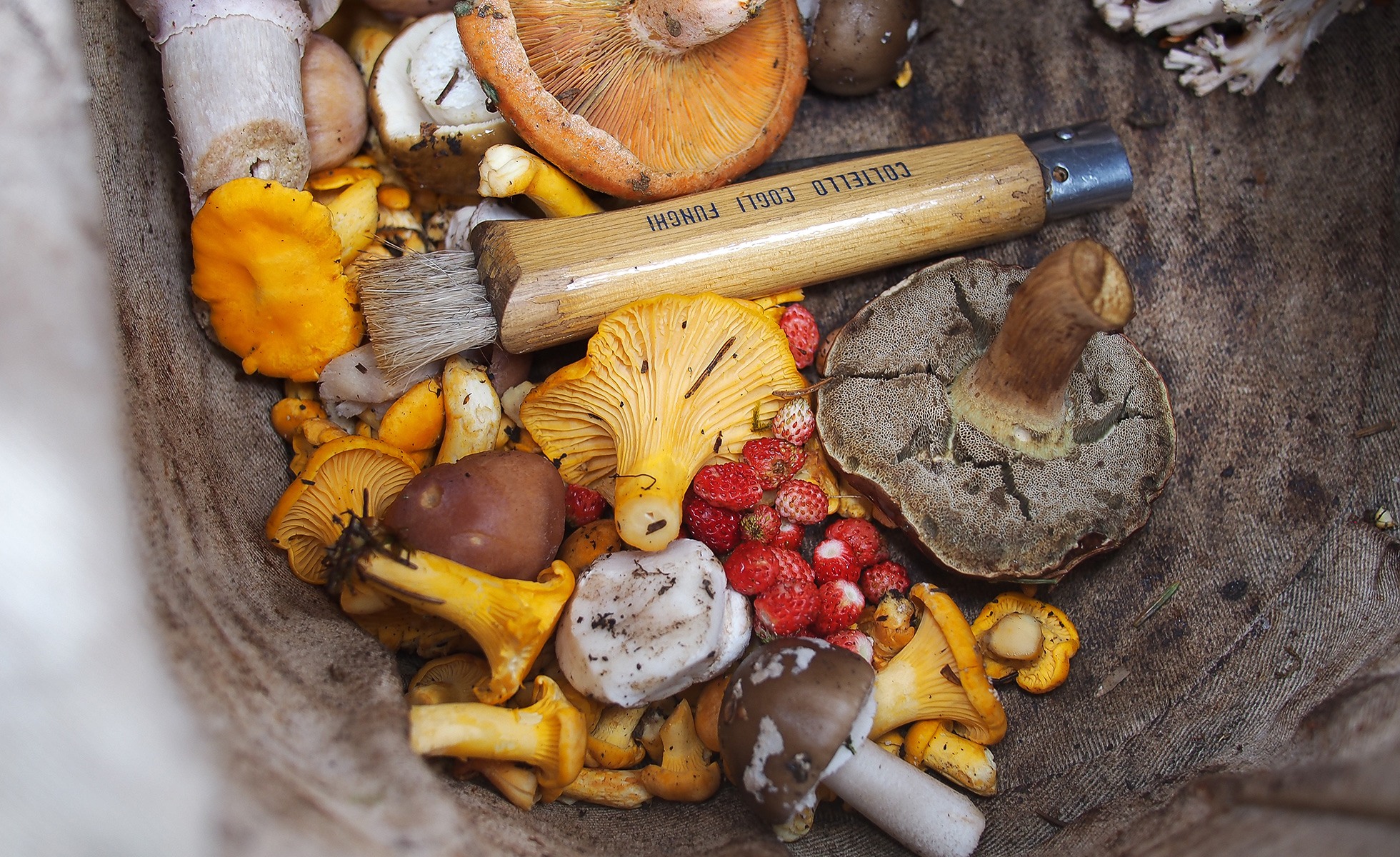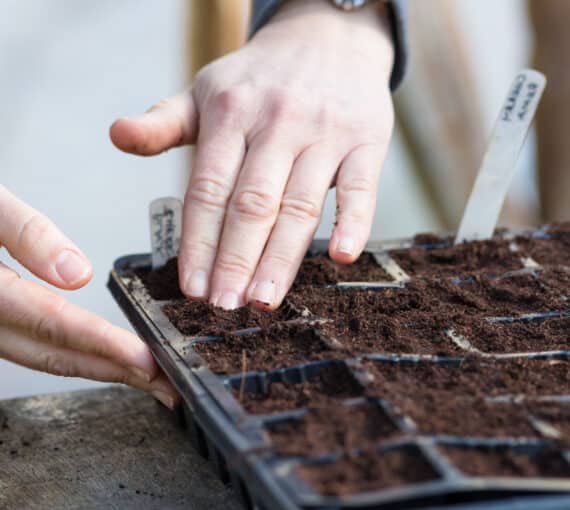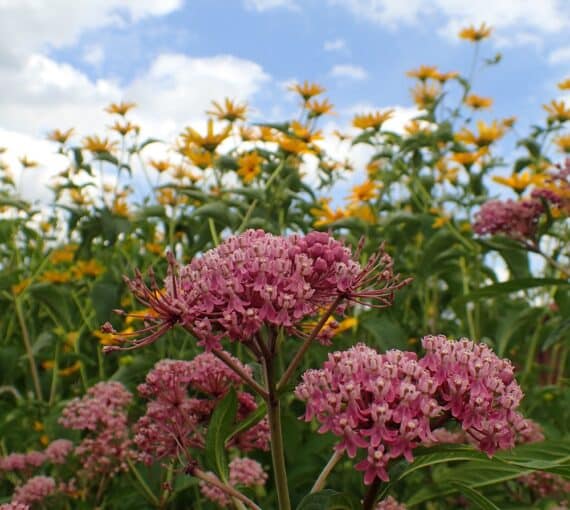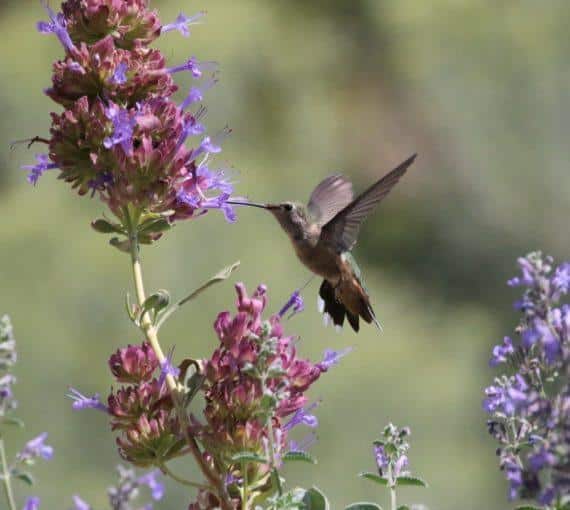
Whether it’s for morel mushrooms, Saskatoon berries, wild blueberries, strawberries and raspberries on the Prairies or salmonberries, huckleberries and young stinging nettle the West Coast, foraging can net you a wide variety of food.
Foraging also brings more time in nature to get your Vitamin “N,” as well as he thrill of seeking and finding.
If you’re a city dweller or don’t come from a lineage of gatherers, don’t fret. You can take a foraging tour in some local city parks. Look for tours or courses led by naturalist groups, non-profits, Indigenous groups or parks where you live.
Tips for foraging
- Do you know enough about the plant to harvest? Avoid poisonous plants — even experienced foragers can get it wrong. Purchase an identification guide to help you triple check the plant or fungi species you find, but if you’re beginning make sure you go with an expert. If you’re even a little unsure, don’t eat it.
- Do not forage endangered plants. Always check before picking.
- Harvest only what you need.
- Obey signage. Harvest away from parks and nature reserves. It’s illegal to forage in some parks. You could be fined.
- Beware of pesticide or herbicide-sprayed areas. If you’re collecting in ditches, for example, watch for signs of spraying (brown vegetation) or call your local municipality to check.
- Obey trail signs, tread lightly and try not to trample natural areas.
- Learn about animal tracks, scat and other signs to see what else might be foraging in the area.
- Take a tour and learn from experts.
- To increase your chance of seeing wildlife in their natural habitat, leave your dog at home.
- Start foraging in your backyard. Did you know dandelion leaves make an excellent salad?
- Beware of trespassing on private property. Not sure? Check a municipal map or ask the landowner directly. (Maybe say thank you with a wild blueberry pie?)
- Learn more about consent-based harvesting. Notice if your relationship with the land is reciprocal. Say thank you! Some First Nations teachings you may encounter include checking your intentions, harvesting at daylight, coming with good feelings, speaking aloud to the plant and asking permission. Curious? Learn more about whose territory you’re on and don’t hesitate to contact a local band or take a workshop from an elder.



